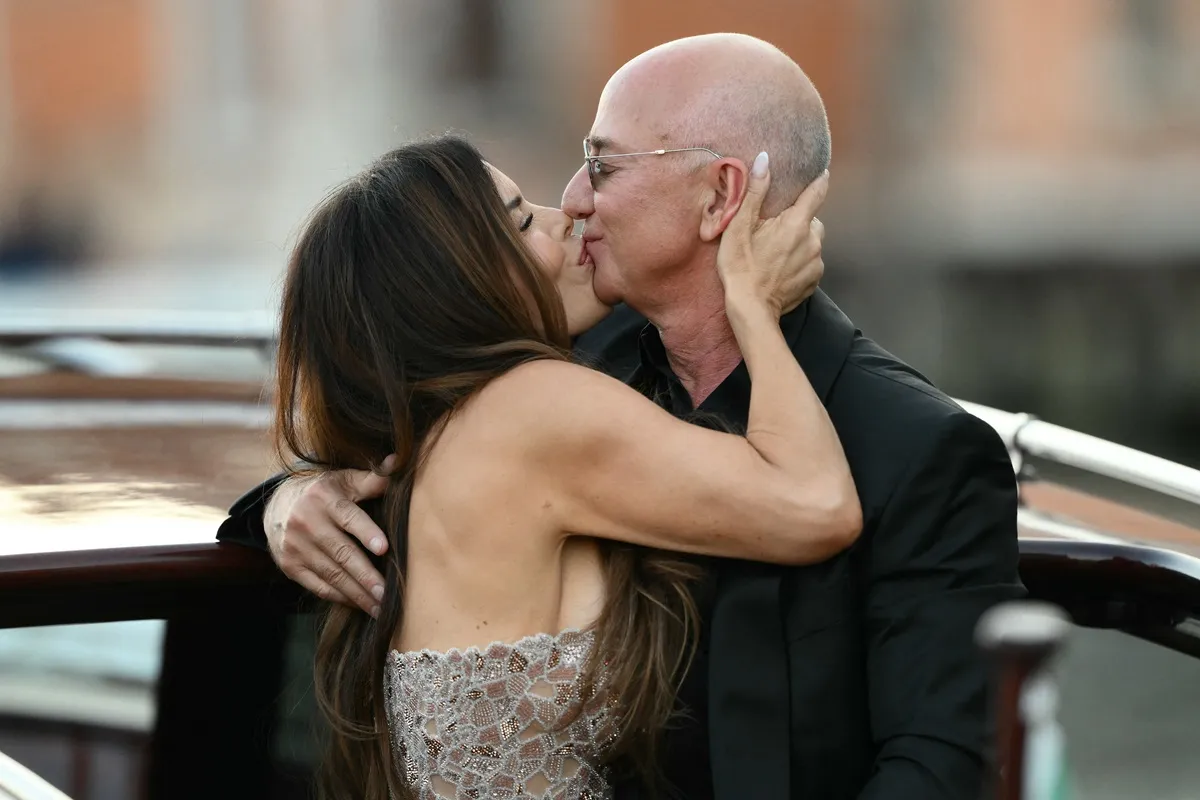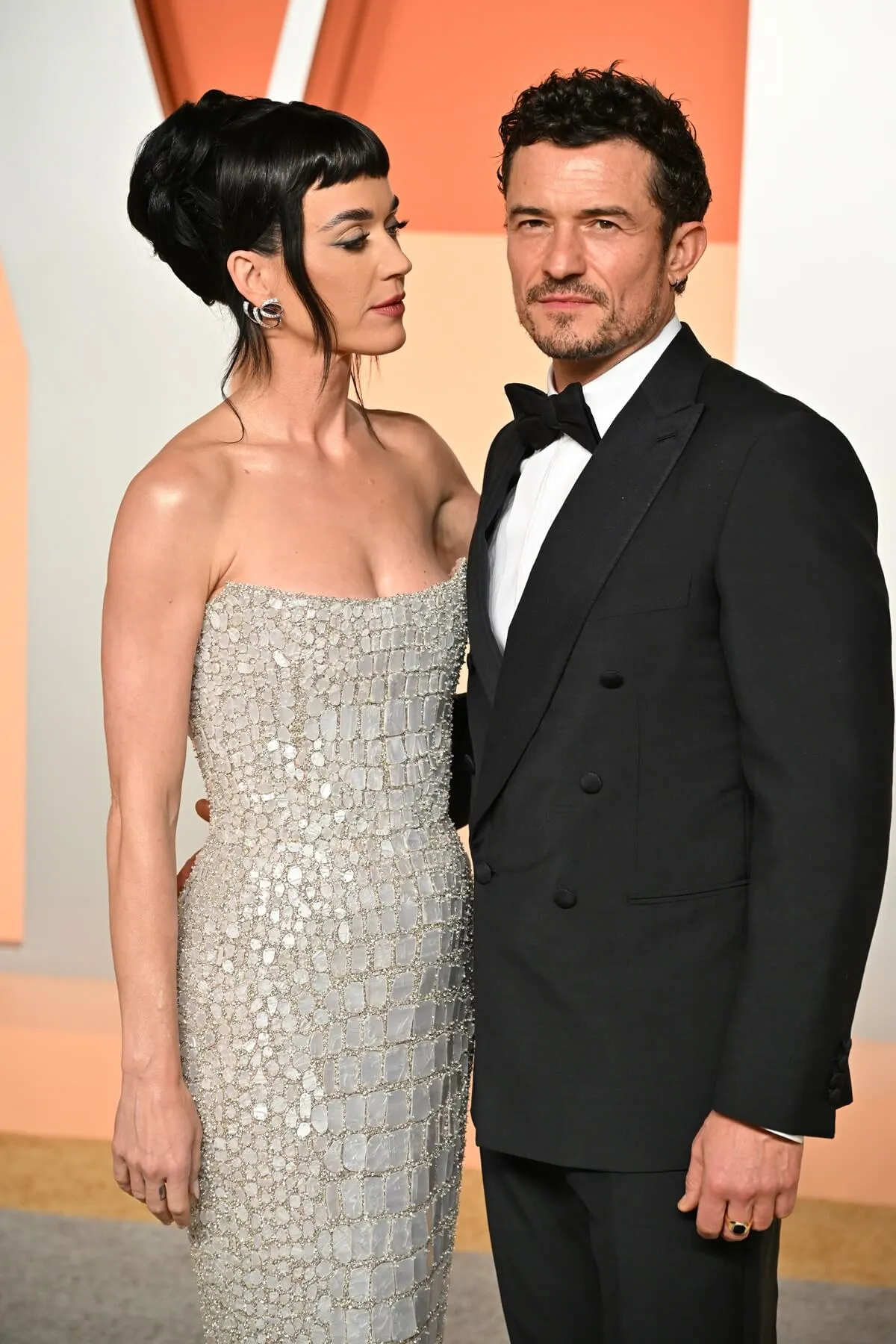30 Legendary Photos Of The Notorious Ruth Bader Ginsburg
Supreme Court Justice Ruth Bader Ginsburg is a legend among us all. When you’re only the second woman in the history of time to be nominated to the United States Supreme Court, you have to be pretty fearless. Progressive, brilliant, and a staunch women’s right’s advocate, at just over five feet tall, Ruth Bader Ginsburg doesn’t take crap from anyone, even when she is the only one speaking up in the room. Now in her 80s, the Supreme Court Justice has been slaying the bench since 1993, and she has no plans of stopping anytime soon.
With two films about her life, On the Basis of Sex and RBG headed to theaters, we took the time to dive deeper into Ginsburg’s life, one that began in the midst of the Great Depression and has only gotten more poignant and powerful since then. Check out these 30 legendary photos of the Notorious RBG, and thank us later.
1. Brooklyn-bred

Ruth Bader Ginsburg was born March 15, 1933, in Brooklyn, New York to a working-class Jewish family. She was the second daughter of Nathan and Celia Bader. Though she did not attend college herself and instead worked at a garment factory to help pay for her brother’s college education, Celia was adamant that her daughters get an education. As a result, RBG did not play about her schoolwork, and she graduated from James Madison High School in Brooklyn with top marks.
Next: An early heartbreak


